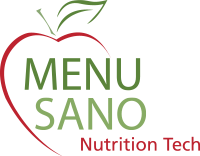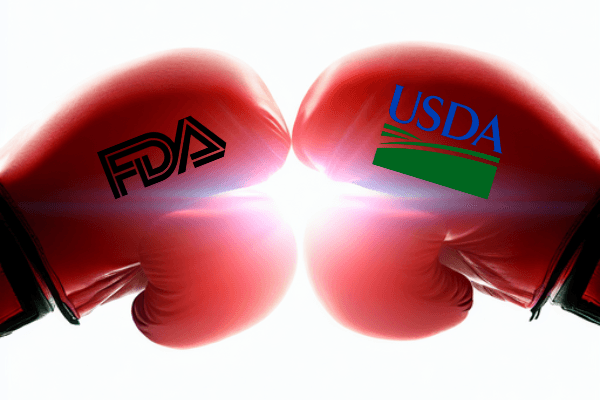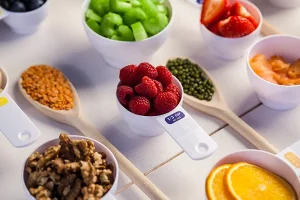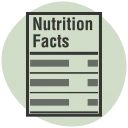In the United States, two major government agencies regulate and provide nutrition fact labels for food products: the Food and Drug Administration (FDA) and the United States Department of Agriculture (USDA). These labels are important tools for consumers to make informed decisions about their food choices and to help them maintain a healthy diet. However, the two agencies have slightly different requirements for their labels, which can cause confusion for some consumers. In this blog, we will explore the similarities and differences between FDA nutrition fact labels versus USDA nutrition fact labels.
First, let’s start with the similarities. Both the FDA and USDA require nutrition fact labels to include information on serving size, calories, total fat, saturated fat, trans fat, cholesterol, sodium, total carbohydrates, dietary fiber, total sugars, added sugars, protein, vitamin D, calcium, iron, and potassium. These are all important nutrients that consumers need to pay attention to in order to maintain a healthy diet.
Now, let’s look at the differences. One of the biggest differences between the two labels is the types of foods they apply to. The FDA regulates packaged foods and drinks, while the USDA regulates meat, poultry, and egg products. This means that if you’re looking at a package of chicken, for example, you’ll see a USDA label, while a box of crackers will have an FDA label. This can be confusing for consumers who may not know which agency regulates which type of food.
Another difference between the two labels is the amount of detail required. The FDA requires labels to list the amount of added sugars, while the USDA does not. This is because meat, poultry, and egg products typically do not contain added sugars. Additionally, the USDA requires labels to include information on the percentage of daily value for vitamin D and potassium, while the FDA does not. This is because these nutrients are found more frequently in meat, poultry, and egg products.

Another difference between the two labels is the formatting. The USDA label includes an additional line for “percent daily values” of nutrients, which helps consumers see how much of their daily recommended intake of each nutrient they’re getting in one serving of the product. The FDA label does not include this line, but instead includes a footnote explaining the percent daily values.
Finally, the two agencies have different requirements for serving sizes. The FDA requires serving sizes to be based on the amount of food that people typically consume, while the USDA requires serving sizes to be based on a fixed amount of weight or volume. This means that serving sizes for similar products may be different on the two labels, which can make it difficult for consumers to compare products.
In conclusion, while there are some differences between FDA nutrition fact labels versus USDA nutrition fact labels, both labels provide important information about the nutrients in food products. It’s important for consumers to be aware of these differences and to read the labels carefully in order to make informed decisions about their food choices.
MenuSano is the best way to create FDA Nutrition Fact Labels. Just put in your recipes and dishes and automatically generate nutrition labels. Start a Free Trial today!



















